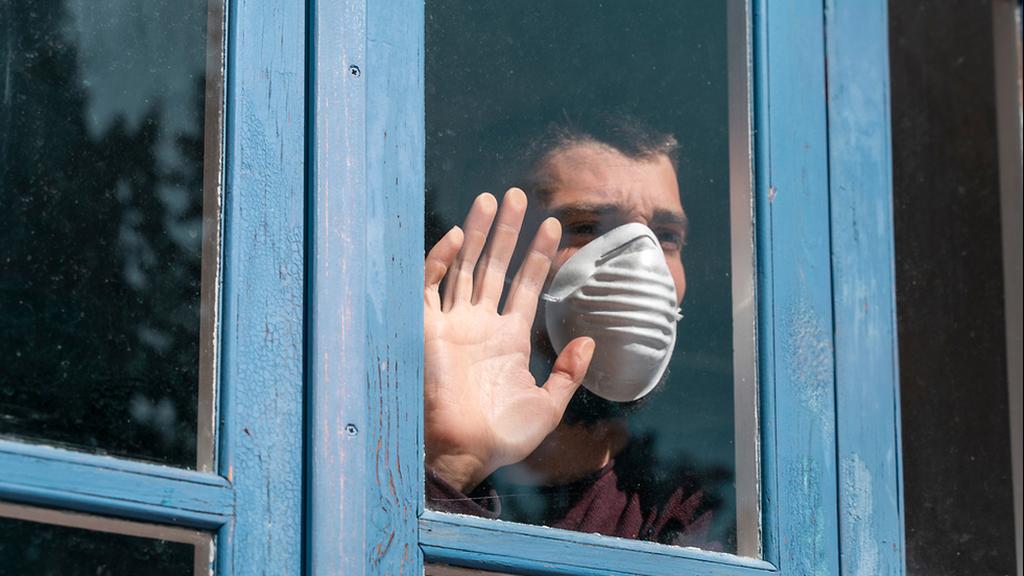In recent days, the internet and TV have been flooded with a new campaign by the Health Ministry to promote adherence to coronavirus public health regulations.
The message being pushed is that everything only seemed to go back to normal and now we must do all we can – through wearing masks and social distancing – to prevent the situation from escalating out of control.
(Health Ministry video urging Israelis to wear face masks )
"The deal was done two months ago," says one woman in a Health Ministry video promoting the use of masks in public. "I'm not taking any risks."
But for many of the country's citizens, there is nothing left to lose. Their business or workplace is still closed or has already closed permanently.
Their day-to-day life has not returned to normal. During the first wave they accepted this chaotic reality: everybody was at home, trying to shield themselves from a mysterious virus threatening the world and they were not the only ones without a job.
Everyone was in the same boat. The despair was not so great, as their neighbors' grass was no greener. It was easier to come to terms with the situation when we all shared the same uncertainty.
But that time has passed, and there is new reality and we are told we have to just learn to live with the virus, even while the number of infected keeps climbing.
But many Israelis don't care about the virus anymore; they just trying to find a reason to get up in the morning.
According to data from the Central Bureau of Statistics published at the end of May, 33.4% of the population feels stress and anxiety. Some 16% of the public have admitted they are depressed.
2 View gallery


Small business owners in Be'er Sheva protest their loss of income due to coronavirus measures
(Photo: Herzl Yosef )
It is not all that surprising when you take into consideration that many Israelis were forcefully disconnected from their work and livelihood without seeing any light at the end of the tunnel.
There is no question that the second wave of coronavirus infections is dangerous. We need to fight it and understand that the world is still in the throes of suffocating uncertainty.
There is a second wave of depression and anxiety, which is no less dangerous than the pathogen and it must not be neglected.


